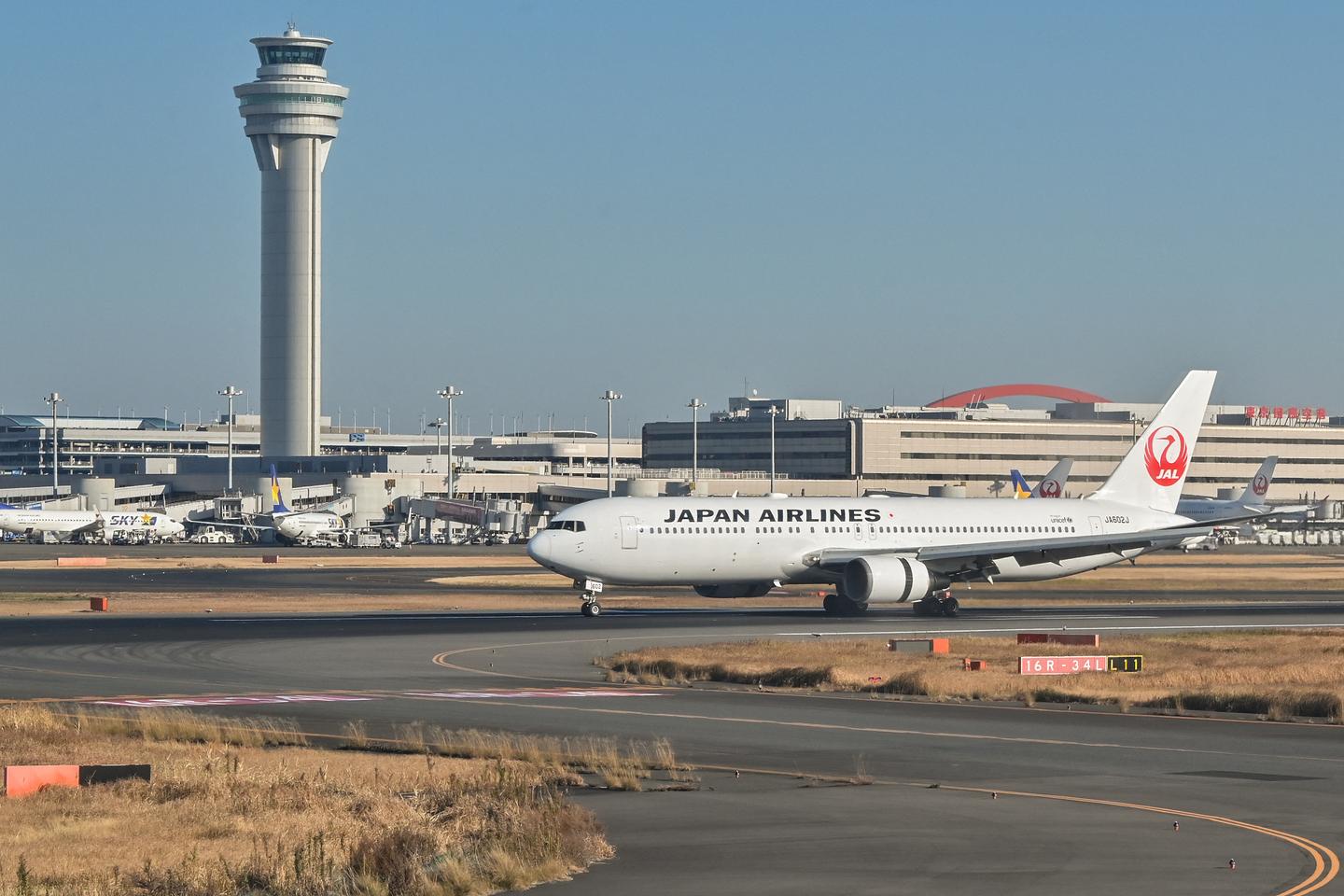


Japan's tourism ambitions are threatened by a jetfuel shortage. The number of foreigners visiting the country continues to soar, as evidenced by the 17.8 million tourists who came between January and June, a new half-year record. But Japan's airports are suffering from a growing shortage of kerosene, making it impossible to operate an additional 140 flights a week.
Concerned about the situation, the government authorized refiners on Friday, July 19 to increase their production capacity and called on trading companies to import more fuel.
Japan's number-one airport, Narita, near Tokyo, has been the most affected by these shortages. Its passenger numbers jumped by 72 % to 35.2 million for the year ending in March. And it's still rising at a rapid pace. On Tuesday, July 16, it received an urgent direct delivery from South Korea.
Staff recruitment
The government also plans to recruit refueling staff and use tankers normally assigned to international routes to transport kerosene to the country's airports until domestic refiners increase their production. "In any event, imports of kerosene will be required for winter," said Shunichi Kito, president of the Petroleum Association of Japan (PAJ).
Over the past decade or so, refiners have been reducing their production capacity in response to falling domestic demand linked to Japan's aging population and the development of fuel-efficient vehicles. This has led to the closure of some refineries.
"Unlike other petroleum products, demand for kerosene is still rising, as the government is targeting 60 million foreign tourists in 2030, so we need to take a long-term approach," said the Ministry of Industry. In 2023, Japan welcomed 23 million foreign visitors.
'Supporting regional growth'
In January, Prime Minister Fumio Kishida explained that the government aims to take advantage of the tourist windfall to "support regional growth." It wants to increase traffic to areas currently neglected by tourists. It must also ensure it can welcome the visitors expected for the Osaka World Expo, which begins in April 2025.
Kishida's ambitions could come up against another problem: staff shortage. The oil industry is suffering from a shortage of tanker drivers, exacerbated by legislation that came into force in April that drastically reduced the amount of overtime truckers can work.
Staffing problems are also impacting airports. In September 2023, Narita received requests from airlines for 152 additional flights per week but could only authorize 101 due to a lack of employees. Lacking real wage appeal, the number of employees at 61 companies specializing in ground handling services fell by 14% between March 2019 and autumn 2023 to around 12,100, according to the Ministry of Transport.
